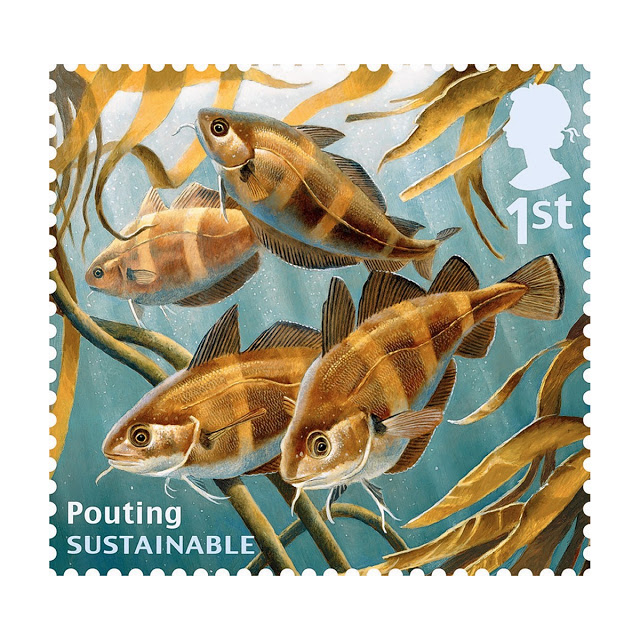The World Wildlife Fund has released its 2015 Living Blue Planet Report, and it’s not looking good. The report tracks 5,829 populations of 1,234 mammal, bird, reptile, and fish species, which the Zoological Society of London then analyzed using “a marine living planet index.” The report’s most harrowing finding is that, between 1970 and 2012, the world’s marine vertebrate population declined by 49 percent. Just as troubling, however, is the rapid disappearance of their habitats. The remaining animals have fewer places to live, prosper, and breed. Chief among the decline habitats is the coral reef.
According to the report, more than one-quarter of the world’s marine population lives in coral reefs, ecosystems that cover less than 0.1 percent of the ocean’s surface. The reefs have been in decline since the 1970s due to “increased fishing, poor water quality from coastal agriculture, deforestation, coastal development … shipping, [and] rising ocean temperatures and acidity brought on by global warming.” The WWF and ZSL project the reefs will disappear by 2050.
Because coral reefs hold such a disproportionate number of fish, they’re crucial for marine-based economies. Part of the reason for their rapid decline, of course, is over-utilization. The report states that over 850 million people live within 65 miles of reefs and directly benefit from them. Other mutually beneficial environments, such as mangroves, are declining as well because we’ve become as reliant upon them as the fish have. Mangroves exist in 123 countries and have become essential to life and the economy: They’re used for wood, recreation and ecotourism, and harvesting fish to sell and to eat. They’re vital for fish, which use mangroves primarily as nurseries and for breeding.
The Living Blue Planet Report should rightly shock us into action to protect fish and marine habitats while we still have them. The report underscores that people don’t just like fish, we need them. Consider the inhabitants of the Coral Triangle alone — the more than 120 million people across Indonesia, Malaysia, the Philippines, Papua New Guinea, Solomon Islands, and Timor-Leste. They export about $5.2 billion worth of fish, including $1 billion from tuna alone. Plus, they get $12 billion annually from tourism, and need the fish for protein to survive.
The trick will be finding a way to protect various habitats. We’ve obviously taken to just killing and using them (remember that 49 percent decline from the beginning?), but have not given ample opportunity for regeneration. Humans exploitation of the environment needs to slow, and immediately, if we and the oceans are going to survive.
Source: Inverse, September 16, 2015
https://www.inverse.com/article/6194-rapid-decline-in-fish-population-s…

- Login om te reageren
